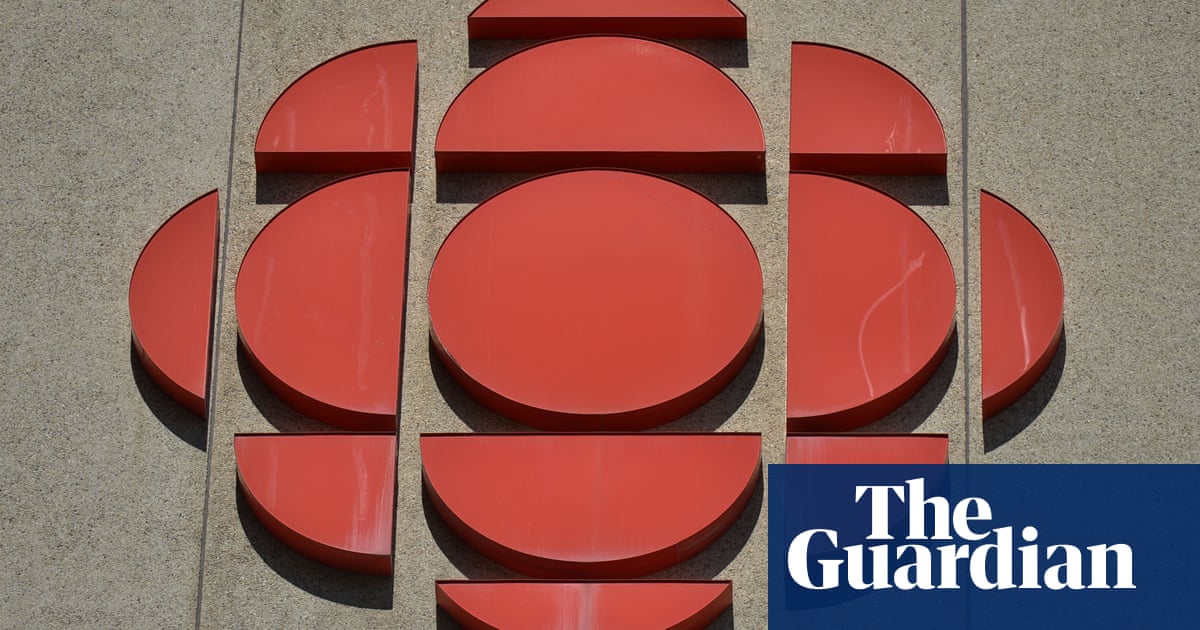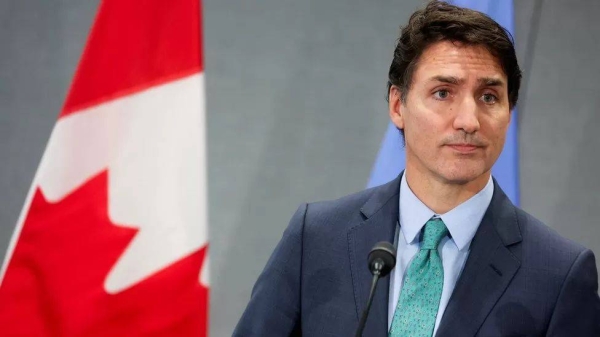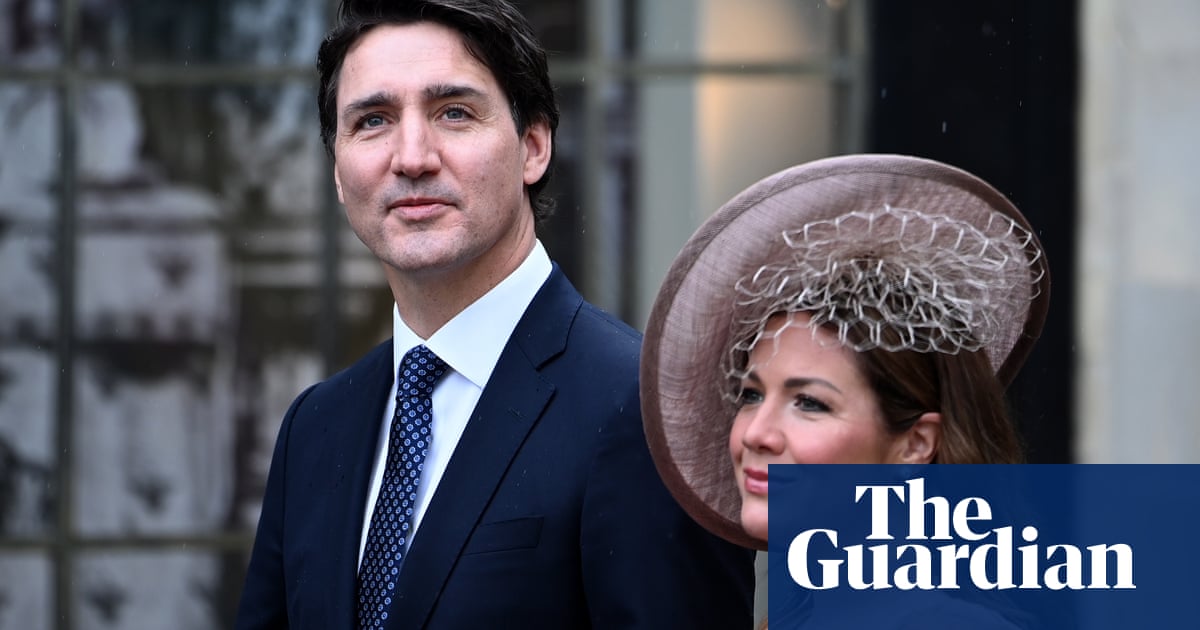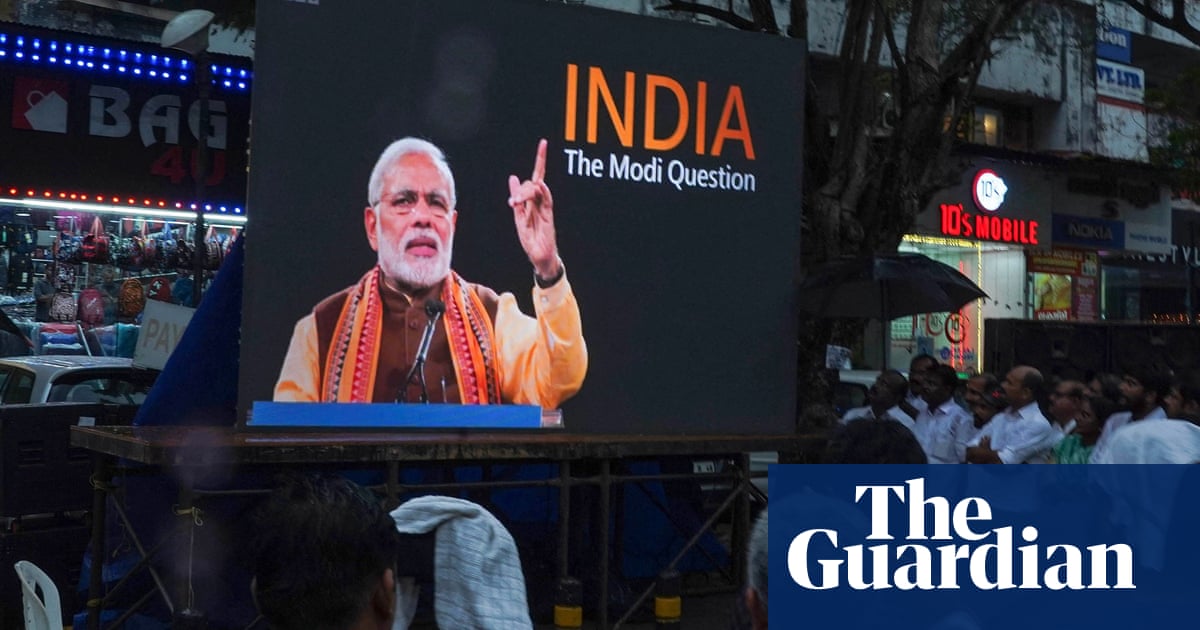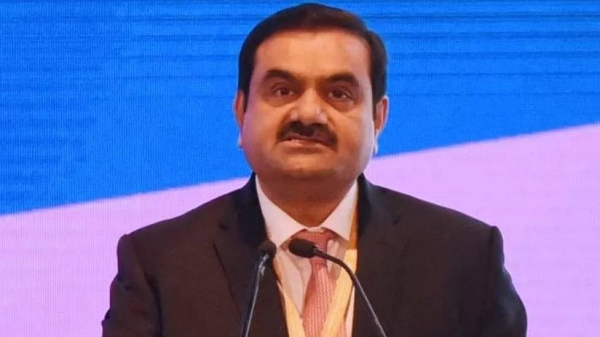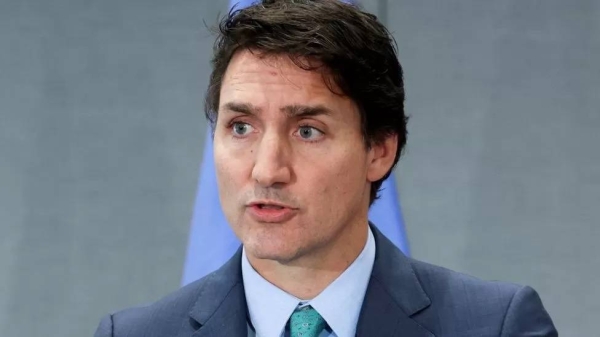
Canadian PM Justin Trudeau has reiterated that there are "credible reasons" to believe that Indian agents may have been behind the murder of a Sikh separatist on Canadian soil.
He first made the allegation on Monday, which India has strongly rejected, calling them "absurd".
Hardeep Singh Nijjar -- who India designated a terrorist in 2020 -- was shot dead outside a temple in June.
Tensions between the two countries have flared after the allegation.
The Indian government has often reacted sharply to demands by Sikh separatists in Western countries for Khalistan, or a separate Sikh homeland.
Though India designated Nijjar a terrorist, his supporters reject the claim, saying he was a peaceful activist who backed the demand for a separate homeland for Sikhs.
Trudeau"s accusation has fuelled an ugly diplomatic row between India and Canada, two countries that have historically shared close ties and good trade relations.
Both countries have expelled a diplomat each and on Thursday, India suspended visa services for Canadians.
Meanwhile, Canada has reduced its personnel in India saying some diplomats had received threats on social media.
On Thursday, Trudeau spoke to reporters in New York at the sidelines of the UN General Assembly and repeated some of his earlier claims.
"As I said on Monday, there are credible reasons to believe that agents of the government of India were involved in the killing of a Canadian on Canadian soil," he said and added that by doing so, the country is standing up for the "rules based international order that we believe in".
When asked by a reporter to characterize "how extensive and solid" the evidence was, Trudeau didn"t give a direct answer but said that Canada had a "rigorous and independent justice system" and "we allow those justice processes to unfold themselves with the utmost integrity".
He also said that the decision to share this allegation was not made lightly but with "the utmost seriousness".
When asked if Indian Prime Minister Narendra Modi had confirmed or denied these allegations, Trudeau said he had had a "direct and frank conversation" with Modi "in which I shared my concerns in no uncertain terms".
Trudeau visited India earlier this month for the G20 summit during which he had a tense meeting with Modi.
India had then issued a sharp statement saying that it had "strong concerns about continuing anti-India activities of extremist elements in Canada" which it accused of "promoting secessionism and inciting violence against Indian diplomats".
Trudeau said Canada would always defend "freedom of expression" while acting against hatred.
Hours before Trudeau spoke to the press on Thursday, Arindam Bagchi, a spokesperson for India"s foreign ministry, told reporters that India had made it clear that "we are willing to look at any specific information that is provided to us. But so far we have not received any such specific information."
The UK, Australia and the US have expressed concern over Canada"s allegations.
On Thursday, US National Security Advisor, Jake Sullivan, said that the US was consulting closely with its Canadian counterparts and has been in touch with the Indian government as well.
"I firmly reject the idea that there is a wedge between the US and Canada. We have deep concerns about the allegations, and we would like to see this investigation carried forward and the perpetrators held to account," he said.
As the fallout grows over Ottawa’s accusation that New Delhi is potentially behind Najjar"s assassination, India has called Canada a “safe haven for terrorists”.
In his statement to reporters in New Delhi Thursday, India’s foreign ministry spokesperson Bagchi said Canada needed to “worry about its international reputation” in the wake of its explosive allegations.
He added: “If you’re talking about reputational issues and reputational damage, if there’s any country that needs to look at this, I think it’s Canada and its growing reputation as a place, as a safe haven for terrorists, for extremists, and for organized crime.”
His comments followed India’s move to suspend visa applications for Canadian citizens over what it says are “security threats” against diplomats in the country.
“The issue is of incitement of violence, the inaction by the Canadian authorities, the creation of an environment that disrupts the functioning of our high commission and consulates, that’s what’s making us stop temporarily the issuance of visas or providing visa services,” Bagchi added.
India’s Ministry of Information and Broadcasting on Thursday issued an advisory to television channels, asking them to refrain from “giving any platform to persons who are facing serious charges, such as terrorism or belonging to organizations proscribed by law.”
The Indian government has long accused Canada of inaction in dealing with what it says is Sikh separatist extremism aimed at creating a separate Sikh homeland that would be known as Khalistan and include parts of India’s Punjab state. — Agencies





